
Find Help
More Items From Ergsy search
-

High Court Rules on Controversial Data Privacy Case
Relevance: 100%
-
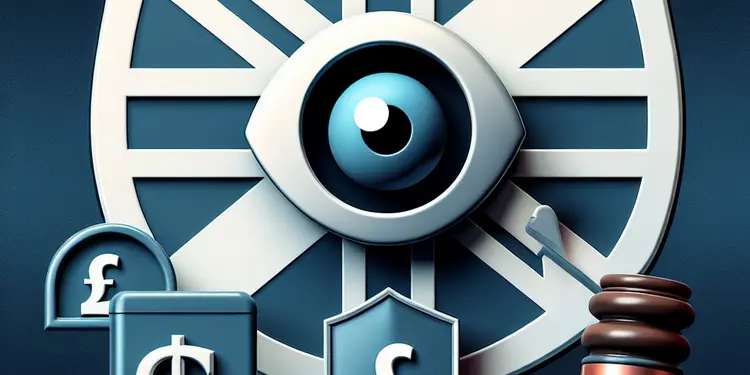
Controversy Surrounds New Surveillance Legislation as Privacy Groups Voice Concerns
Relevance: 54%
-
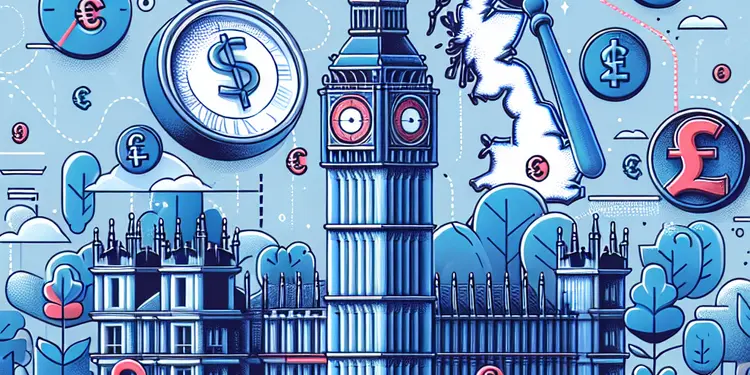
Does the location of the court affect case timing?
Relevance: 42%
-
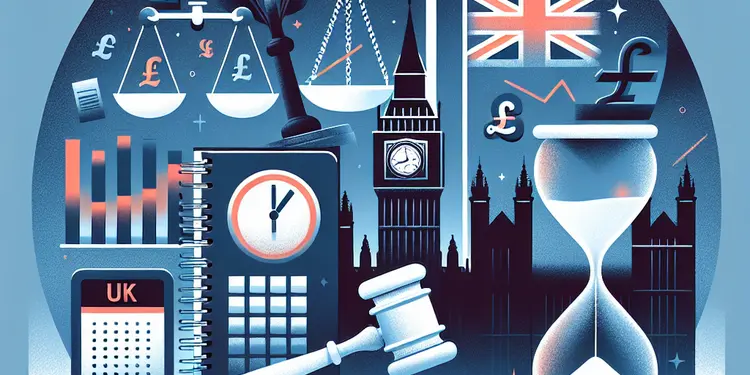
How do court holidays affect the timeline for a case to come to court?
Relevance: 42%
-
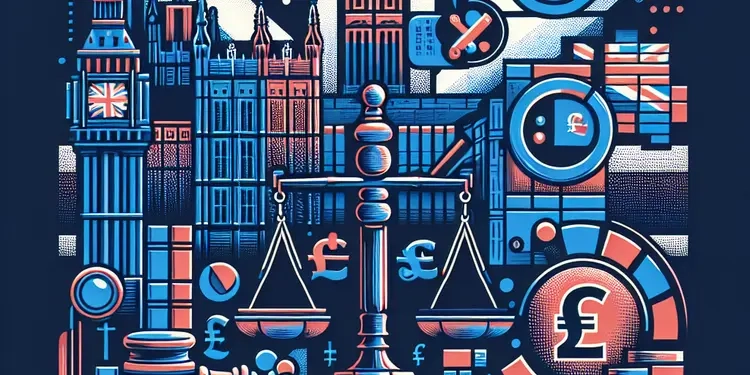
How long does it take for a case to come to court?
Relevance: 41%
-
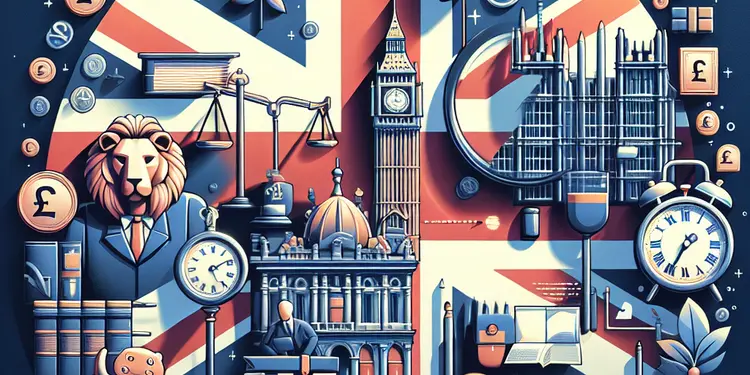
Is there a standard minimum or maximum time for a case to reach court?
Relevance: 40%
-

Magistrates in the Family Court: A Private Law Case
Relevance: 39%
-

Magistrates in the Family Court: A Public Law Case
Relevance: 39%
-

How does the type of case impact the court schedule?
Relevance: 39%
-

What factors affect the time it takes for a case to come to court?
Relevance: 39%
-

How quickly can a criminal case come to court?
Relevance: 39%
-

Supreme Court to Hear Landmark Case on Environmental Regulations
Relevance: 38%
-
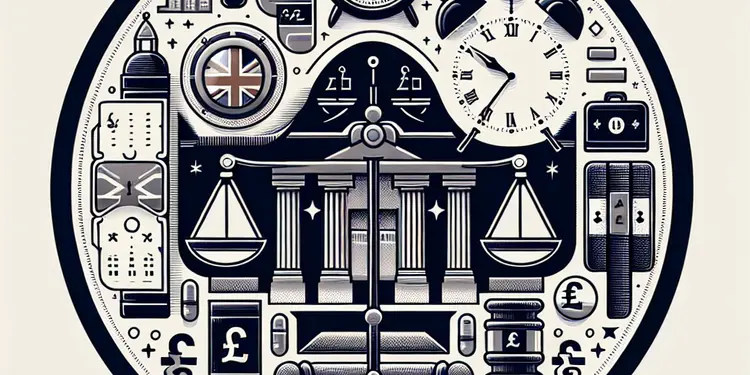
What is a typical timeline for a civil case to come to court?
Relevance: 38%
-

How does a backlog in the court system affect case scheduling?
Relevance: 37%
-
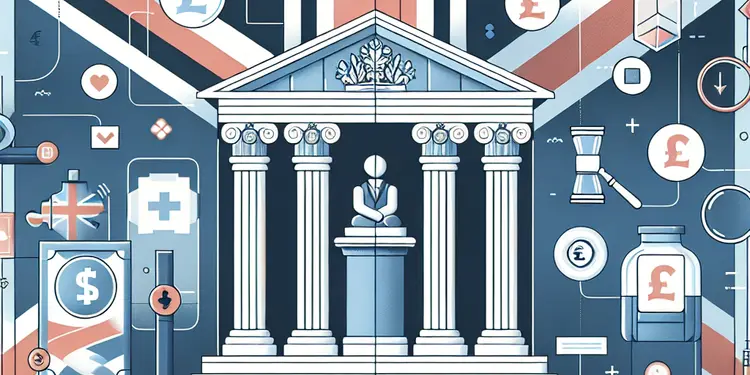
Can legal representation speed up the process of a case coming to court?
Relevance: 37%
-
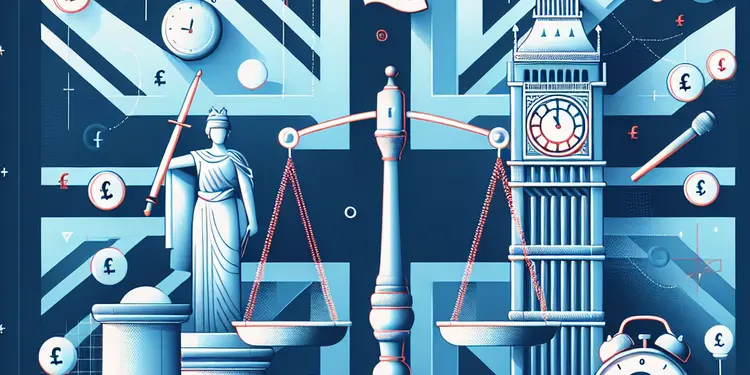
Does the jurisdiction affect how long it takes for a case to come to court?
Relevance: 37%
-

What are the new protocols for domestic violence cases in family court in 2026?
Relevance: 36%
-

What impact can unexpected events have on the court scheduling of a case?
Relevance: 36%
-

How does the availability of judges affect the timing of a case coming to court?
Relevance: 36%
-

The Crown Court
Relevance: 36%
-

What should I do if I feel my privacy is being invaded by my neighbour's CCTV?
Relevance: 35%
-

Are companies required to inform me if my data is breached?
Relevance: 34%
-

How can I protect my privacy on my mobile phone?
Relevance: 34%
-
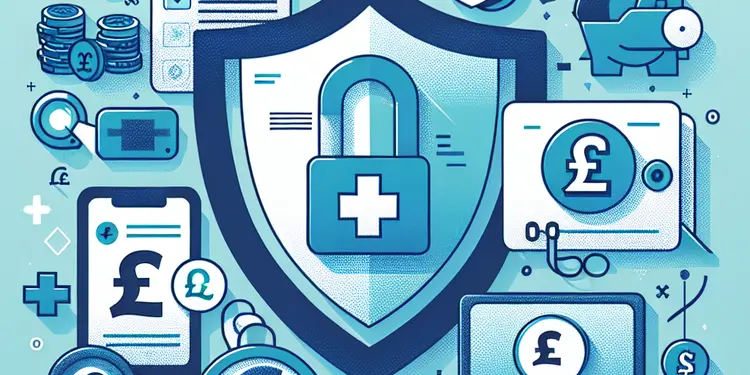
Are there privacy protections for my medical records?
Relevance: 34%
-
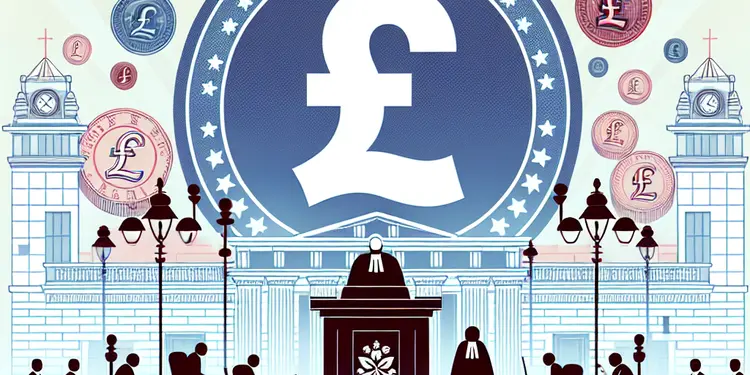
Does the defendant's plea impact how long it takes for a case to come to court?
Relevance: 34%
-

What role do preliminary hearings play in the timing of a case coming to court?
Relevance: 34%
-

What kind of footage is considered an invasion of privacy?
Relevance: 34%
-

Why are seed oils controversial in terms of health?
Relevance: 33%
-
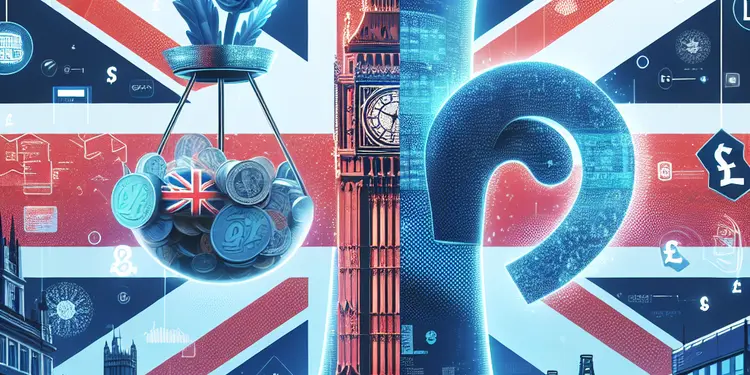
Judicial Review Sought Over NHS Data Sharing Agreements
Relevance: 33%
-

Are there privacy laws that protect me from neighbor's cameras?
Relevance: 33%
-

In what ways can pre-trial motions affect the time it takes for a case to come to court?
Relevance: 33%
-
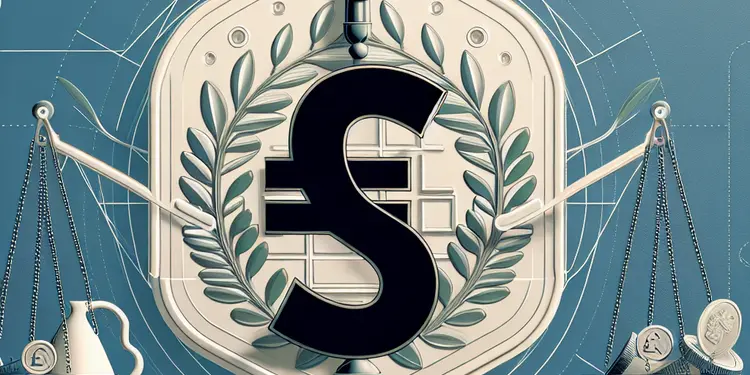
High Court Ruling on Universal Credit 'Unlawful' Cap Pending
Relevance: 32%
-

Is my data secure on a virtual ward?
Relevance: 32%
-

What is a data breach?
Relevance: 32%
-
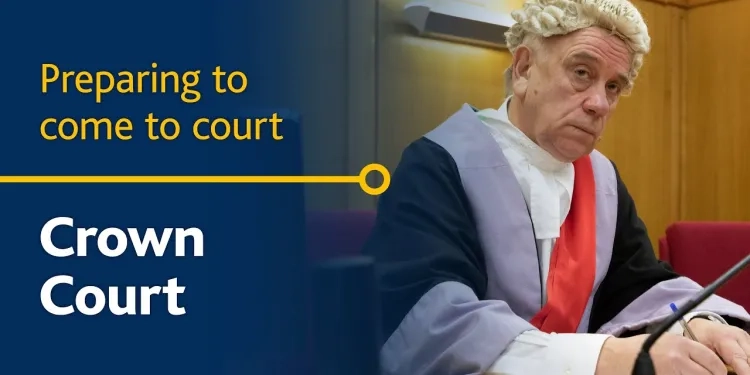
Crown Court - Preparing to come to court
Relevance: 32%
-

What digital services have been introduced in family courts in 2026?
Relevance: 32%
-

Court of Protection
Relevance: 31%
-
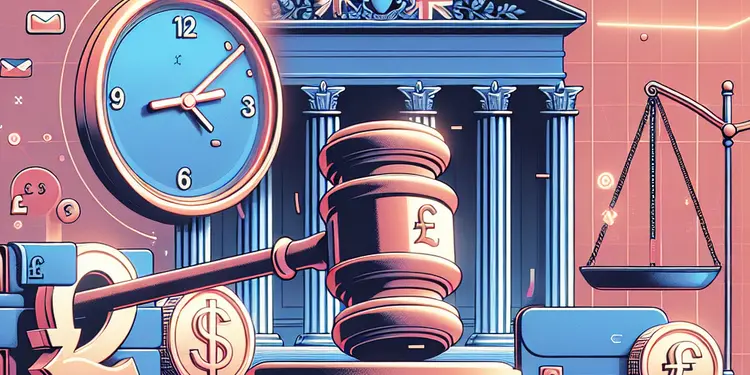
Why might a court date be delayed?
Relevance: 31%
-
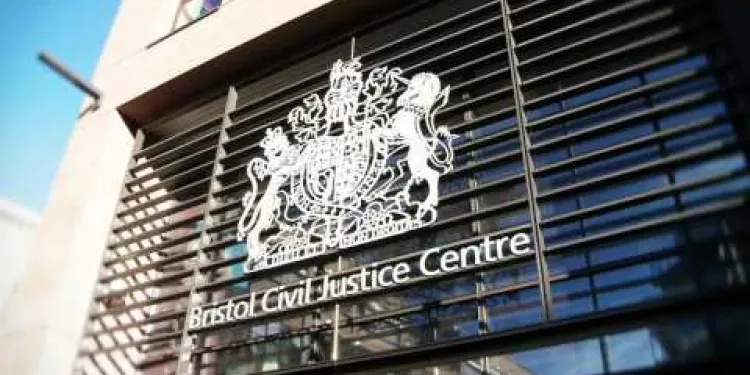
The Family Court without a Lawyer - Video 1 of 3
Relevance: 31%
-

Do AI models for lung cancer require a lot of data to train?
Relevance: 31%
Introduction
The High Court recently issued a ruling on a controversial case concerning data privacy, a matter that has captured significant media attention and public interest across the UK. The case revolved around complex issues regarding the rights of individuals to control their personal data versus the needs of organizations to use that data for operational purposes. The decision comes at a critical time, as data privacy continues to be an evolving and contentious topic amid increasing digitalization.
The Background of the Case
The case arose from a complaint brought by a group of individuals against a major corporation, which allegedly mishandled personal data. The individuals claimed that their data was used without proper consent and that their privacy rights under the UK Data Protection Act were violated. The complainants argued that the corporation had failed to provide adequate transparency and controls, allowing third parties to access sensitive information. The case attracted widespread attention due to its implications on how companies handle personal data.
The Court's Ruling
The High Court's decision focused on several key points. Firstly, it underscored the importance of obtaining explicit consent from individuals before using their data. The court confirmed that implied consent is insufficient under current UK data privacy laws. Additionally, the ruling emphasized the obligation of companies to provide clear and accessible information about data usage practices. Businesses must ensure that individuals are fully informed about how their data will be used, stored, and shared.
Implications of the Ruling
The ruling has significant implications for both individuals and organizations within the UK. For individuals, it reinforces their rights to have greater control over personal data and ensures they are better protected against unauthorized use. For businesses, the decision serves as a stark reminder to prioritize data protection protocols and adopt more transparent and robust practices. Organizations may need to review and update their data handling practices to ensure compliance with the clarified legal standards.
Future Considerations
Going forward, this ruling may set a precedent for how similar cases are handled in the UK. It highlights the increasing legal scrutiny on data privacy issues and could lead to further legislative actions to strengthen data protection frameworks. Organizations will likely face greater pressure to align their operations with these evolving legal standards, potentially driving innovation in data security and privacy management.
Conclusion
The High Court's decision in this data privacy case serves as a critical juncture in the ongoing debate over personal data protection in the UK. By reinforcing the necessity of explicit consent and transparency, the ruling provides a clearer framework for both individuals and businesses to navigate the complex landscape of data privacy. As digital technologies continue to advance, such legal decisions will play a crucial role in shaping the future of data governance in the UK.
Introduction
The High Court made a big decision about data privacy. This means keeping personal information safe. People all over the UK are talking about it. The decision is about how people can control their data and how companies use this data to do their work. It's happening right now because more and more things are online.
The Background of the Case
A group of people complained that a big company did not handle their personal data correctly. They said the company used their data without asking first. They felt their privacy rights were not respected. They also felt the company did not tell them clearly what would happen with their data, and other companies got their data without permission. This case is important for how all companies should treat personal data.
The Court's Ruling
The court said some important things. First, companies must ask people before using their data. People need to say "yes" clearly. It's not enough if people seem to agree. Companies must let people know in simple words how their data will be used, stored, and shared. This should not be confusing.
Implications of the Ruling
This decision is important for everyone in the UK. For individuals, it means they have more control over their data and it will be harder for others to misuse it. For companies, it's a reminder to follow data protection rules and be honest about how they handle data. Businesses might need to change how they work to follow the law.
Future Considerations
This ruling might change how similar cases are judged in the future. It shows that data privacy is very serious and there might be new laws soon. Companies will have to be careful about how they manage data. They might need to come up with new ways to keep data safe and private.
Conclusion
This decision by the High Court is important for personal data protection in the UK. It shows that asking people clearly before using their data is a must. It also shows that companies need to be honest and clear. As technology keeps getting better, decisions like this will help decide how data is protected in the future.
Frequently Asked Questions
Useful Links
Have you found an error, or do you have a link or some information you would like to share? Please let us know using the form below.
-->
This website offers general information and is not a substitute for professional advice.
Always seek guidance from qualified professionals.
If you have any medical concerns or need urgent help, contact a healthcare professional or emergency services immediately.
Some of this content was generated with AI assistance. We’ve done our best to keep it accurate, helpful, and human-friendly.
- Ergsy carfully checks the information in the videos we provide here.
- Videos shown by Youtube after a video has completed, have NOT been reviewed by ERGSY.
- To view, click the arrow in centre of video.
- Most of the videos you find here will have subtitles and/or closed captions available.
- You may need to turn these on, and choose your preferred language.
- Go to the video you'd like to watch.
- If closed captions (CC) are available, settings will be visible on the bottom right of the video player.
- To turn on Captions, click settings .
- To turn off Captions, click settings again.
More Items From Ergsy search
-

High Court Rules on Controversial Data Privacy Case
Relevance: 100%
-

Controversy Surrounds New Surveillance Legislation as Privacy Groups Voice Concerns
Relevance: 54%
-

Does the location of the court affect case timing?
Relevance: 42%
-

How do court holidays affect the timeline for a case to come to court?
Relevance: 42%
-

How long does it take for a case to come to court?
Relevance: 41%
-

Is there a standard minimum or maximum time for a case to reach court?
Relevance: 40%
-

Magistrates in the Family Court: A Private Law Case
Relevance: 39%
-

Magistrates in the Family Court: A Public Law Case
Relevance: 39%
-

How does the type of case impact the court schedule?
Relevance: 39%
-

What factors affect the time it takes for a case to come to court?
Relevance: 39%
-

How quickly can a criminal case come to court?
Relevance: 39%
-

Supreme Court to Hear Landmark Case on Environmental Regulations
Relevance: 38%
-

What is a typical timeline for a civil case to come to court?
Relevance: 38%
-

How does a backlog in the court system affect case scheduling?
Relevance: 37%
-

Can legal representation speed up the process of a case coming to court?
Relevance: 37%
-

Does the jurisdiction affect how long it takes for a case to come to court?
Relevance: 37%
-

What are the new protocols for domestic violence cases in family court in 2026?
Relevance: 36%
-

What impact can unexpected events have on the court scheduling of a case?
Relevance: 36%
-

How does the availability of judges affect the timing of a case coming to court?
Relevance: 36%
-

The Crown Court
Relevance: 36%
-

What should I do if I feel my privacy is being invaded by my neighbour's CCTV?
Relevance: 35%
-

Are companies required to inform me if my data is breached?
Relevance: 34%
-

How can I protect my privacy on my mobile phone?
Relevance: 34%
-

Are there privacy protections for my medical records?
Relevance: 34%
-

Does the defendant's plea impact how long it takes for a case to come to court?
Relevance: 34%
-

What role do preliminary hearings play in the timing of a case coming to court?
Relevance: 34%
-

What kind of footage is considered an invasion of privacy?
Relevance: 34%
-

Why are seed oils controversial in terms of health?
Relevance: 33%
-

Judicial Review Sought Over NHS Data Sharing Agreements
Relevance: 33%
-

Are there privacy laws that protect me from neighbor's cameras?
Relevance: 33%
-

In what ways can pre-trial motions affect the time it takes for a case to come to court?
Relevance: 33%
-

High Court Ruling on Universal Credit 'Unlawful' Cap Pending
Relevance: 32%
-

Is my data secure on a virtual ward?
Relevance: 32%
-

What is a data breach?
Relevance: 32%
-

Crown Court - Preparing to come to court
Relevance: 32%
-

What digital services have been introduced in family courts in 2026?
Relevance: 32%
-

Court of Protection
Relevance: 31%
-

Why might a court date be delayed?
Relevance: 31%
-

The Family Court without a Lawyer - Video 1 of 3
Relevance: 31%
-

Do AI models for lung cancer require a lot of data to train?
Relevance: 31%


